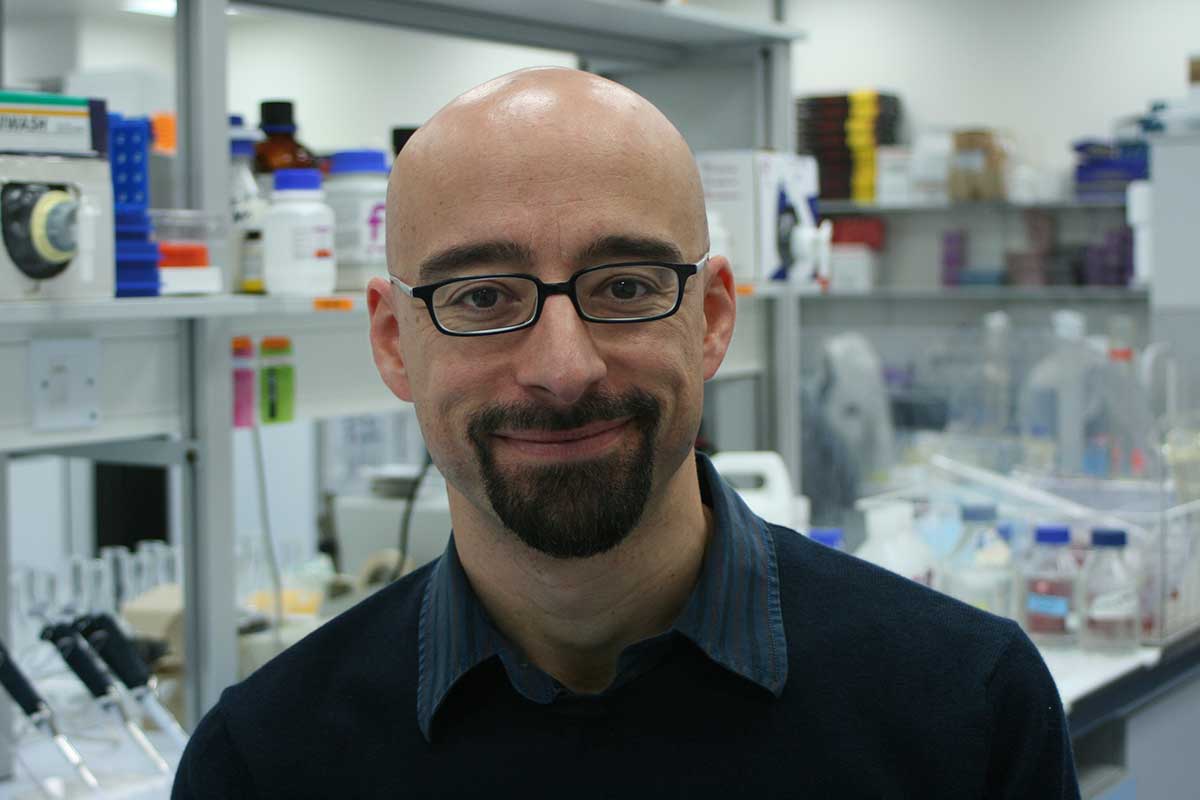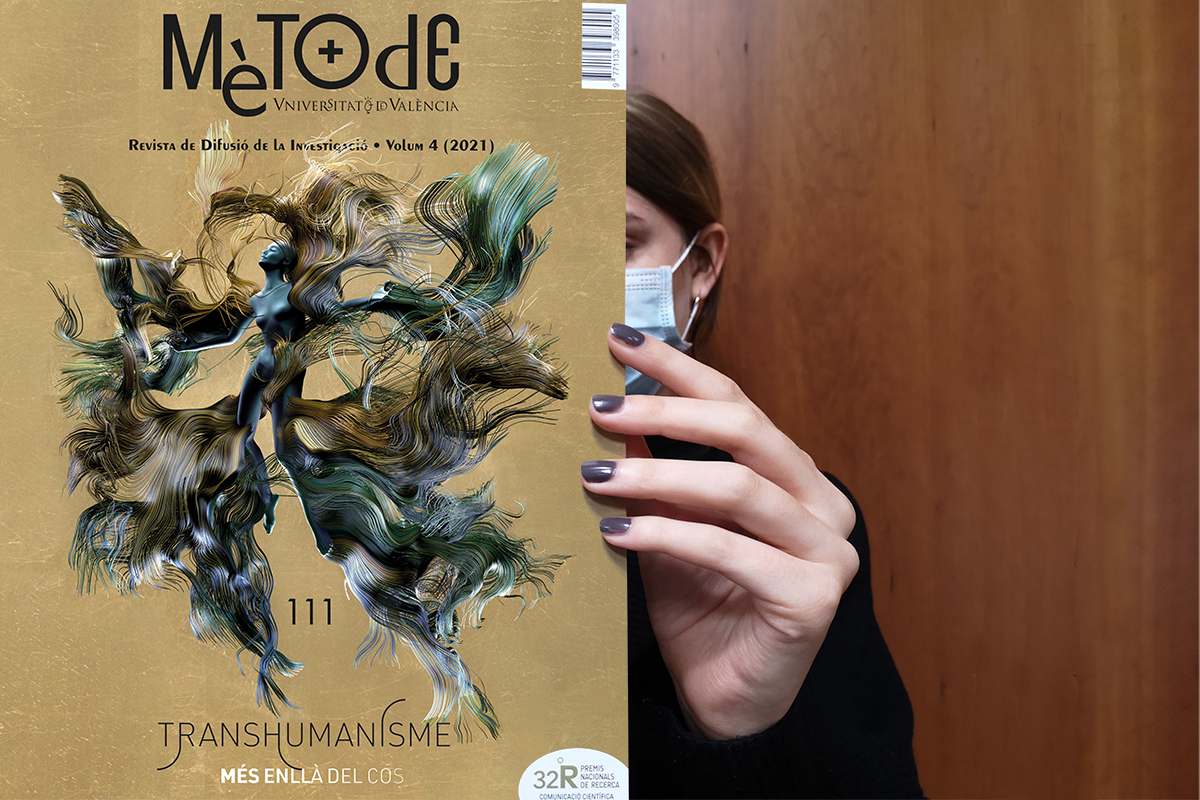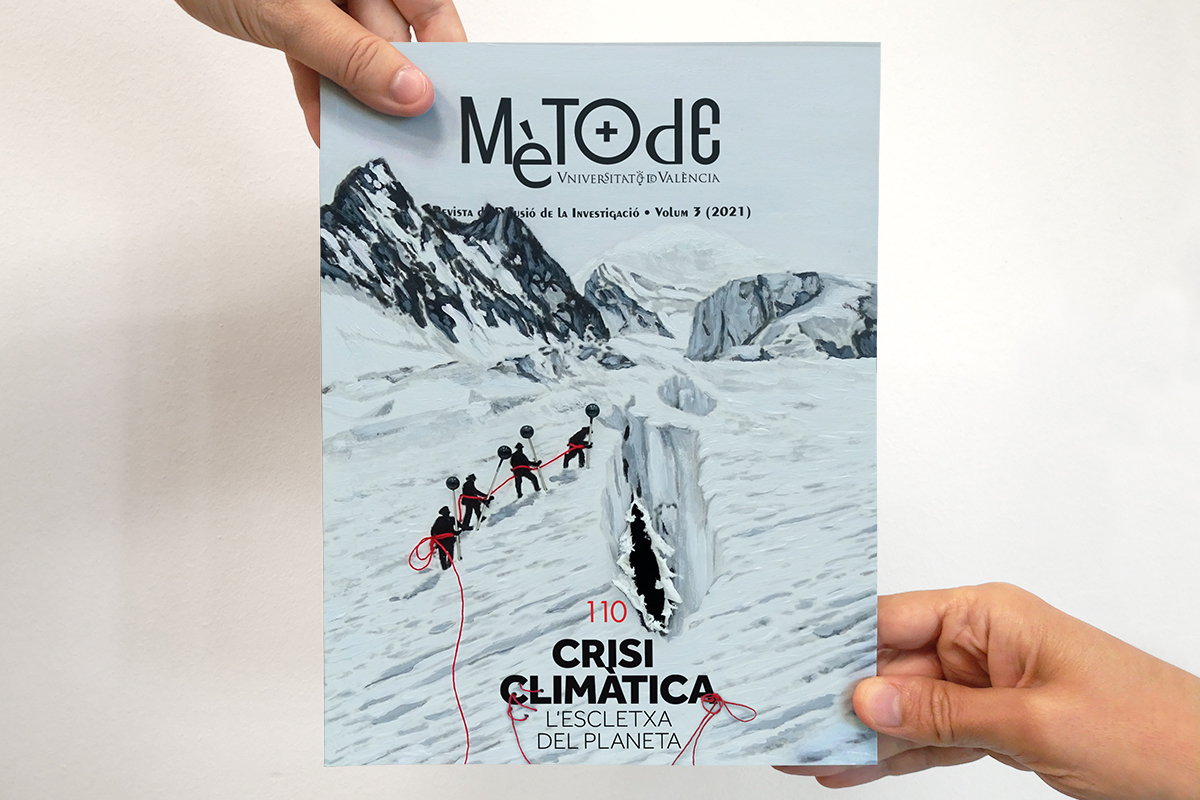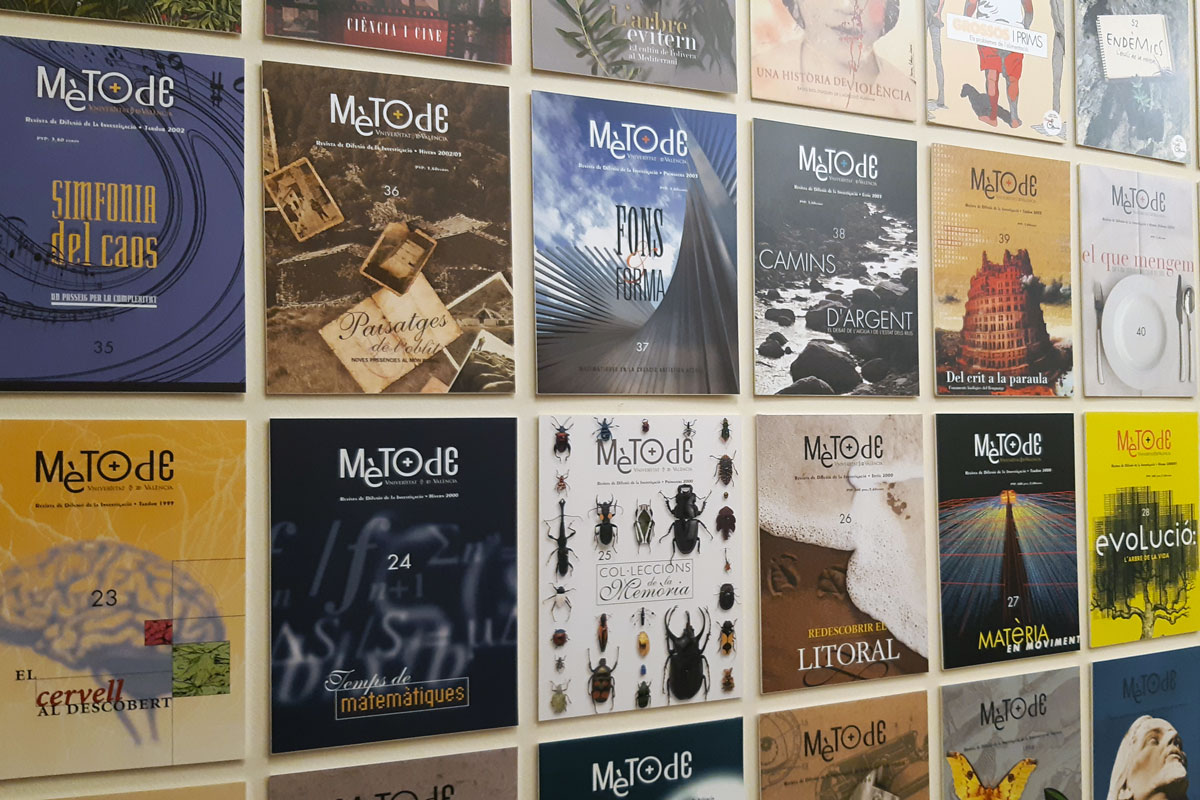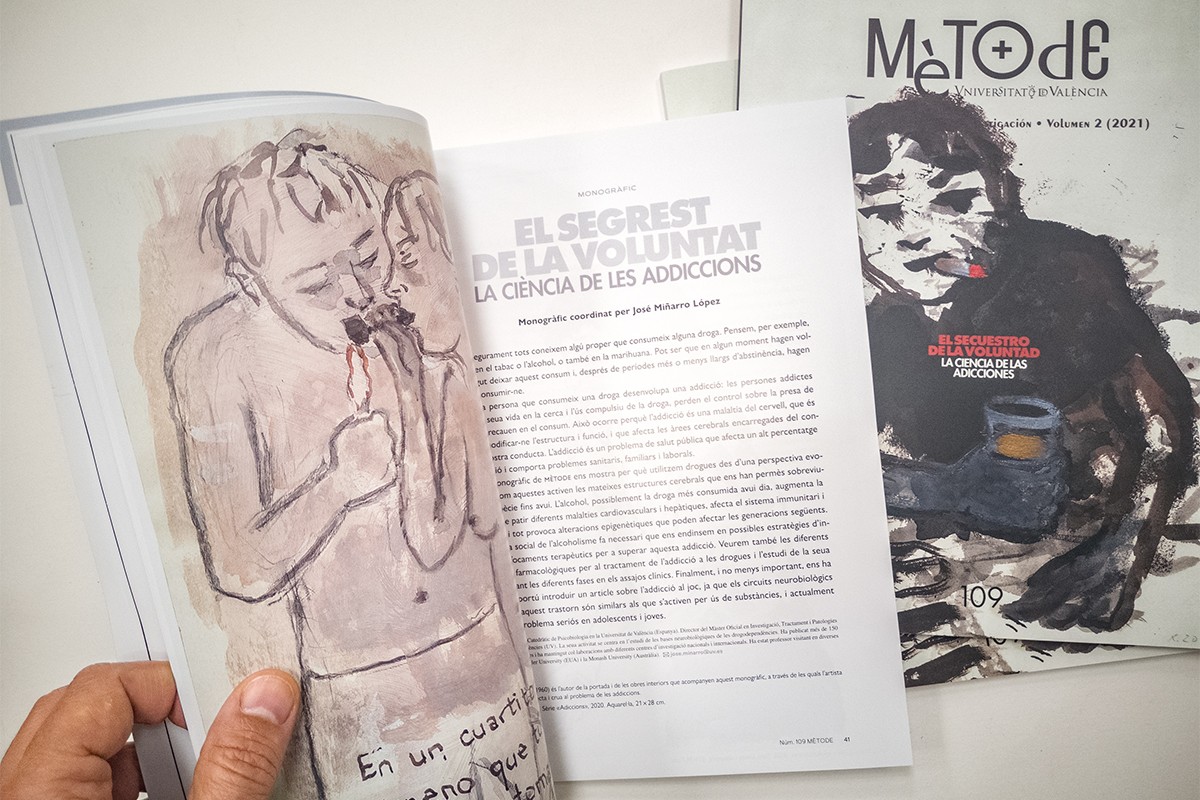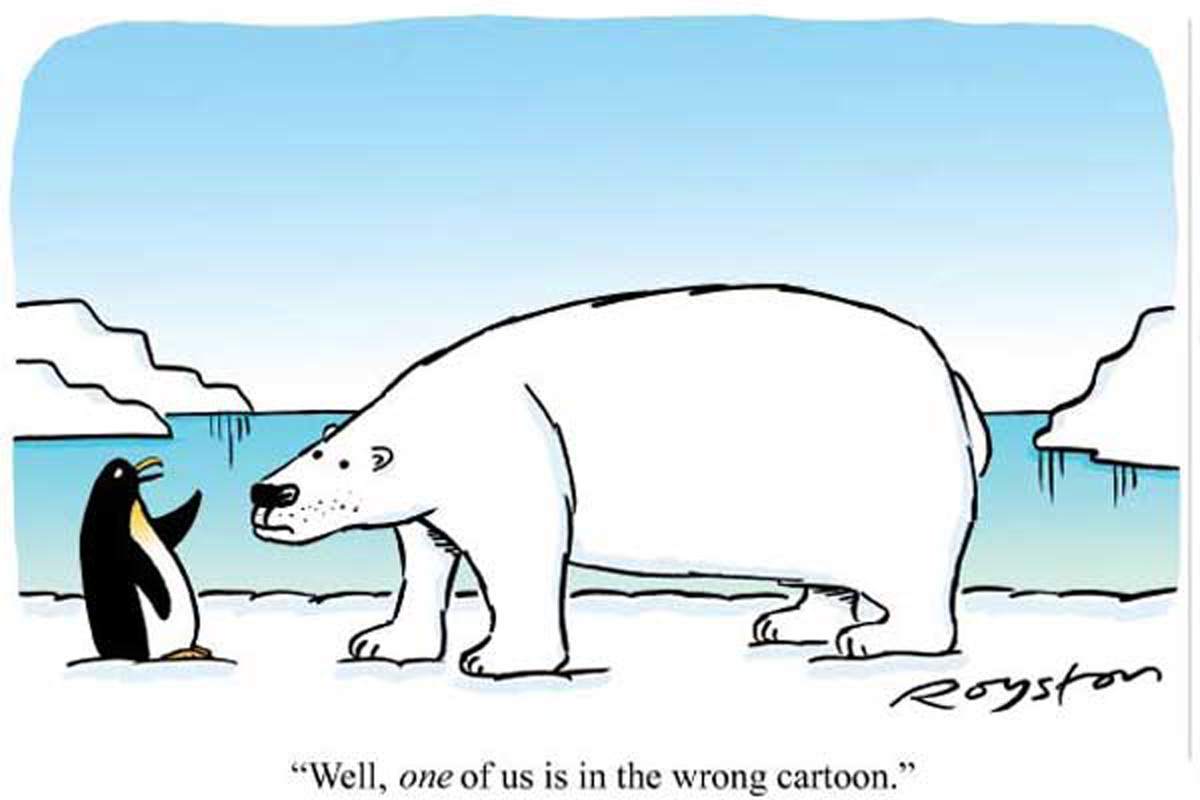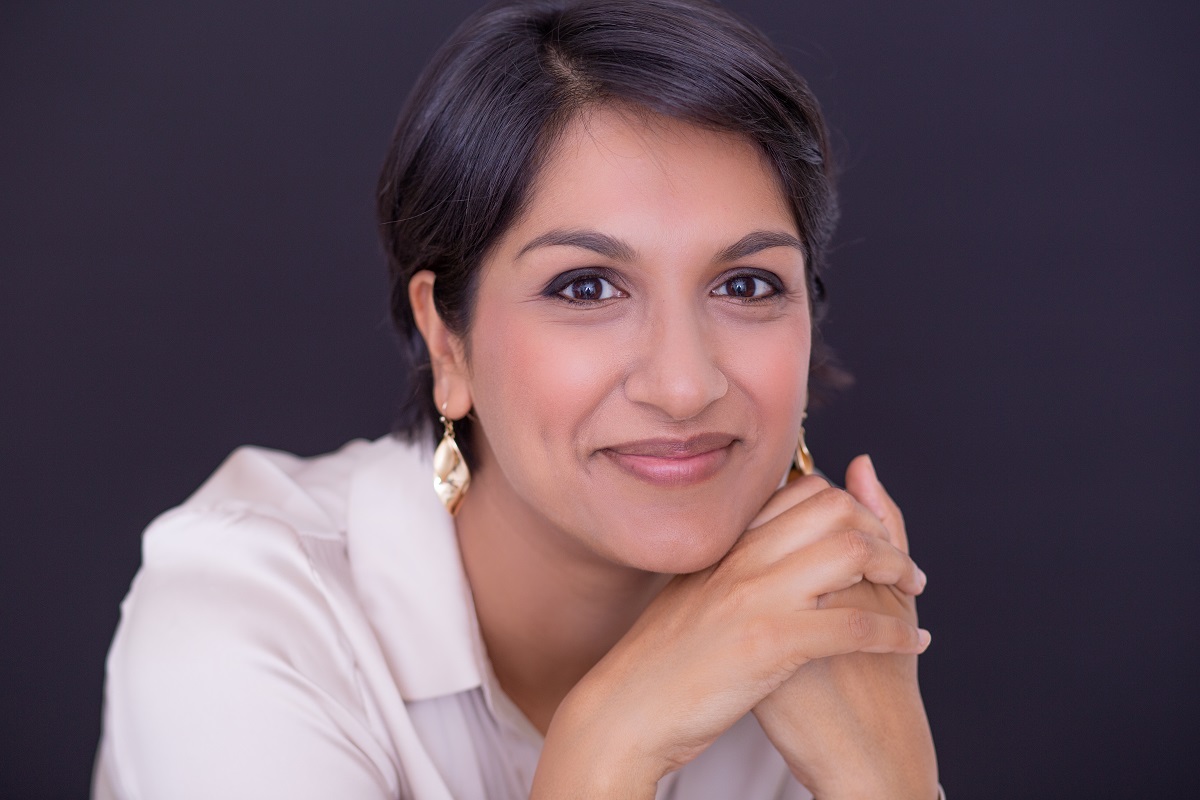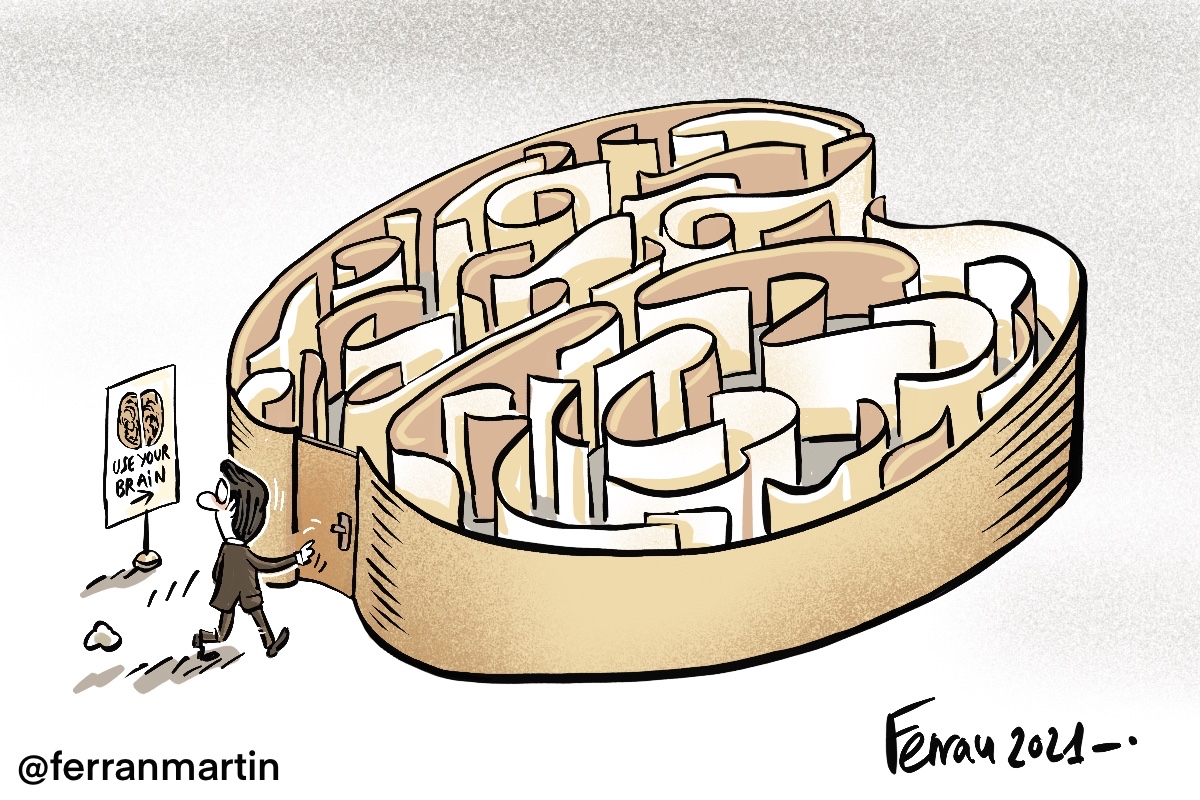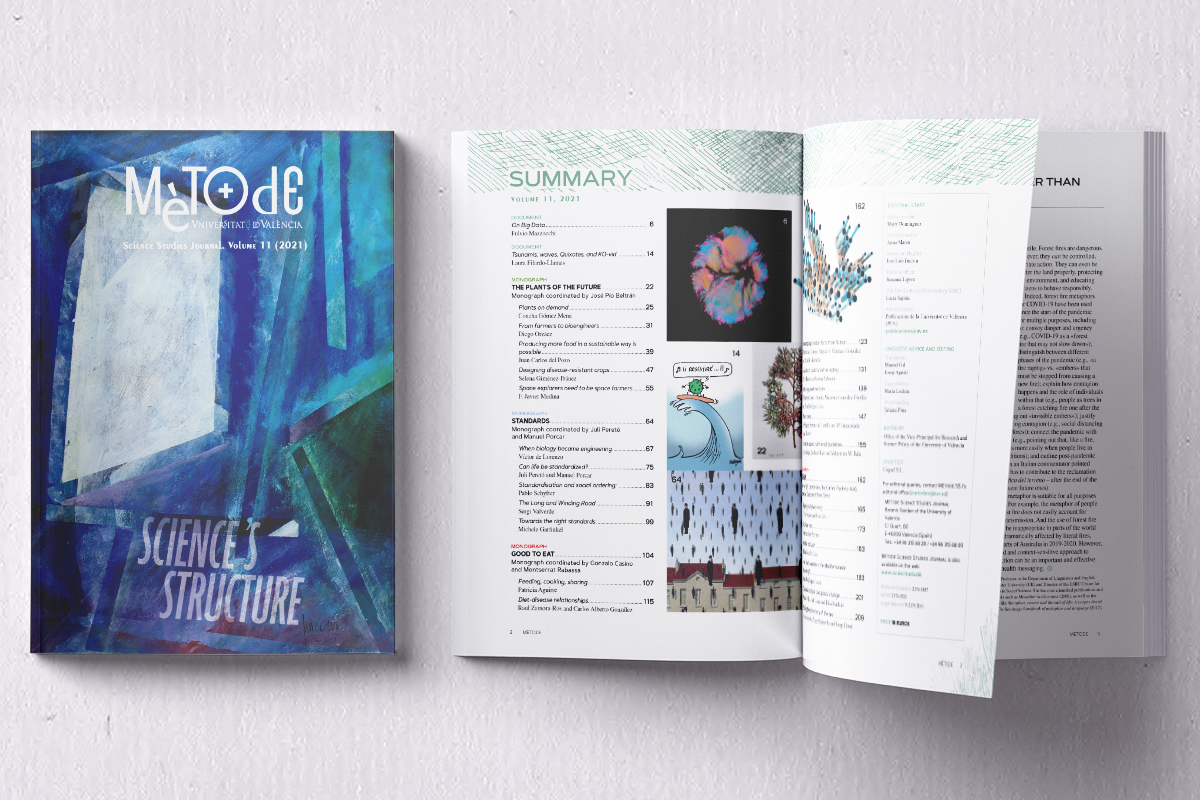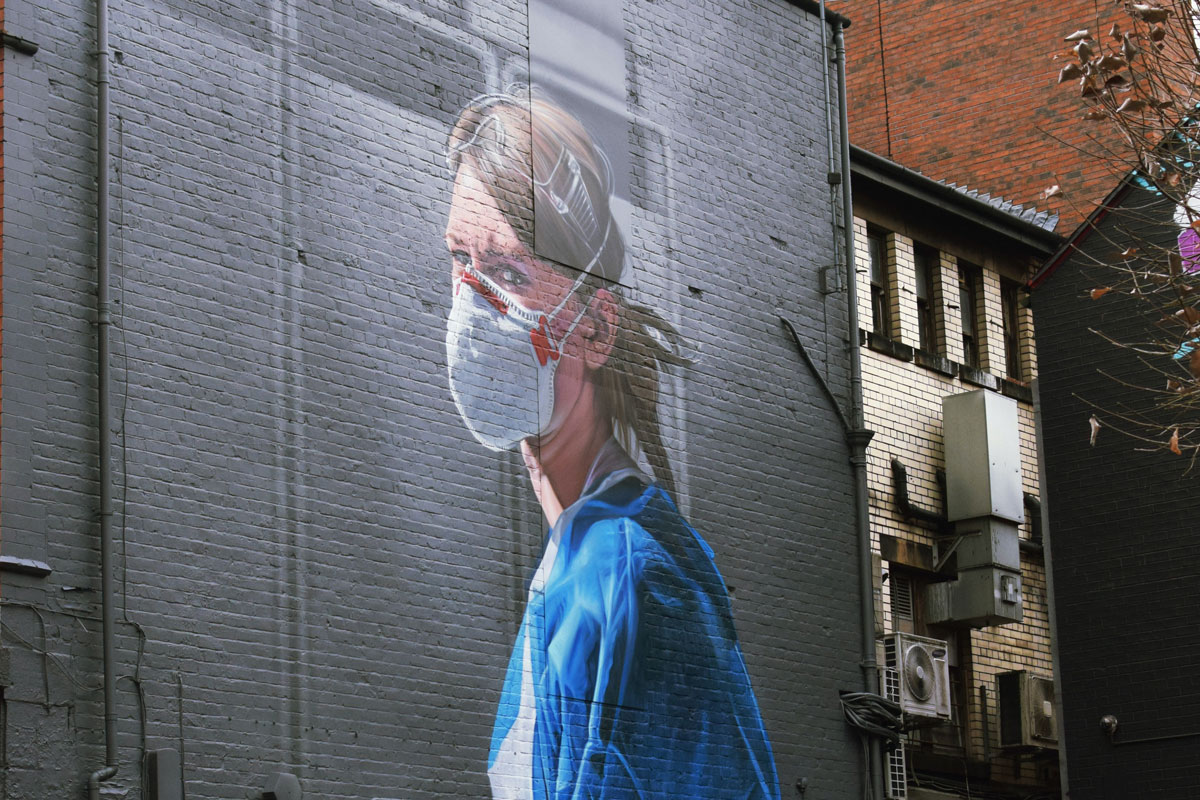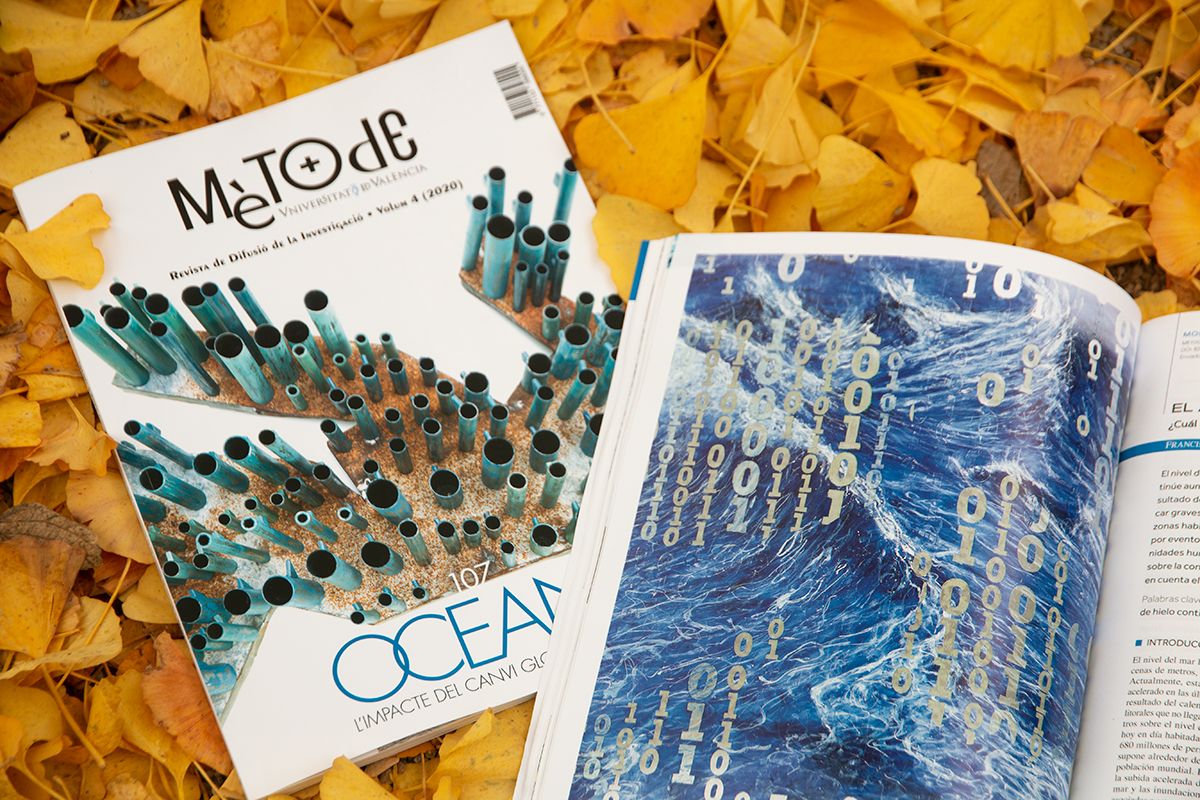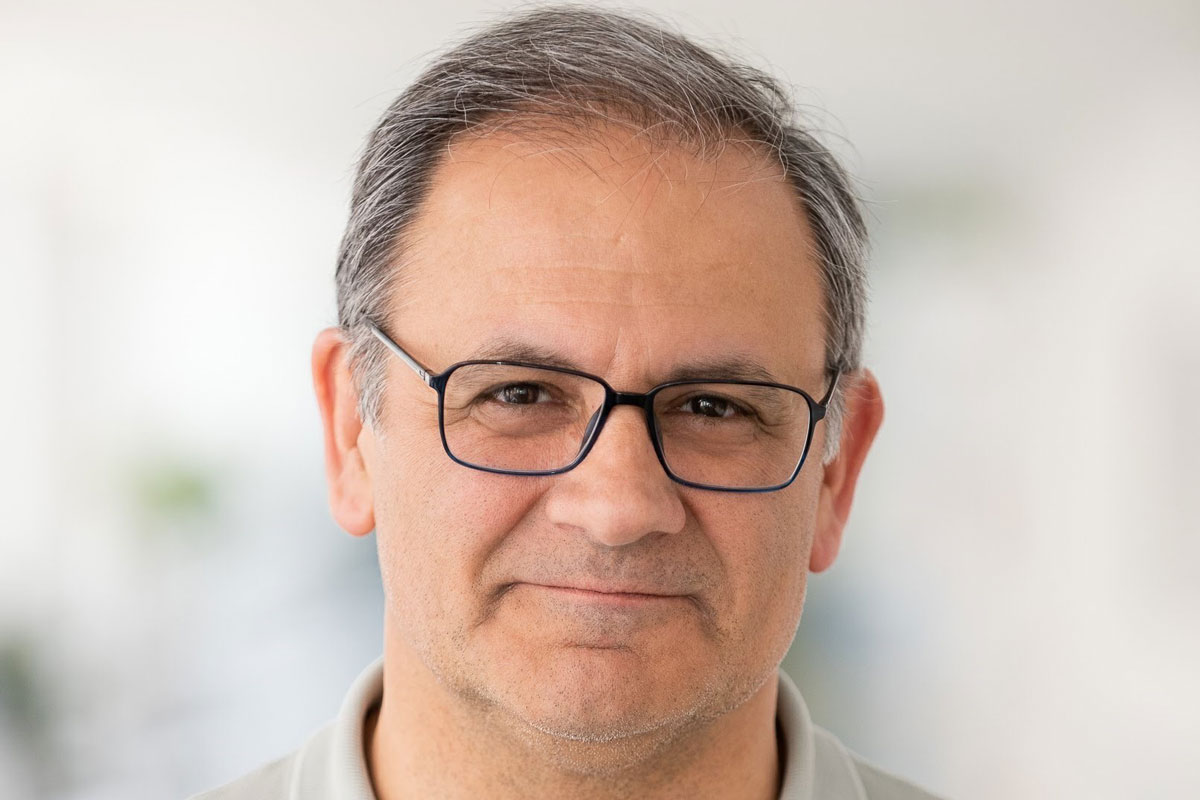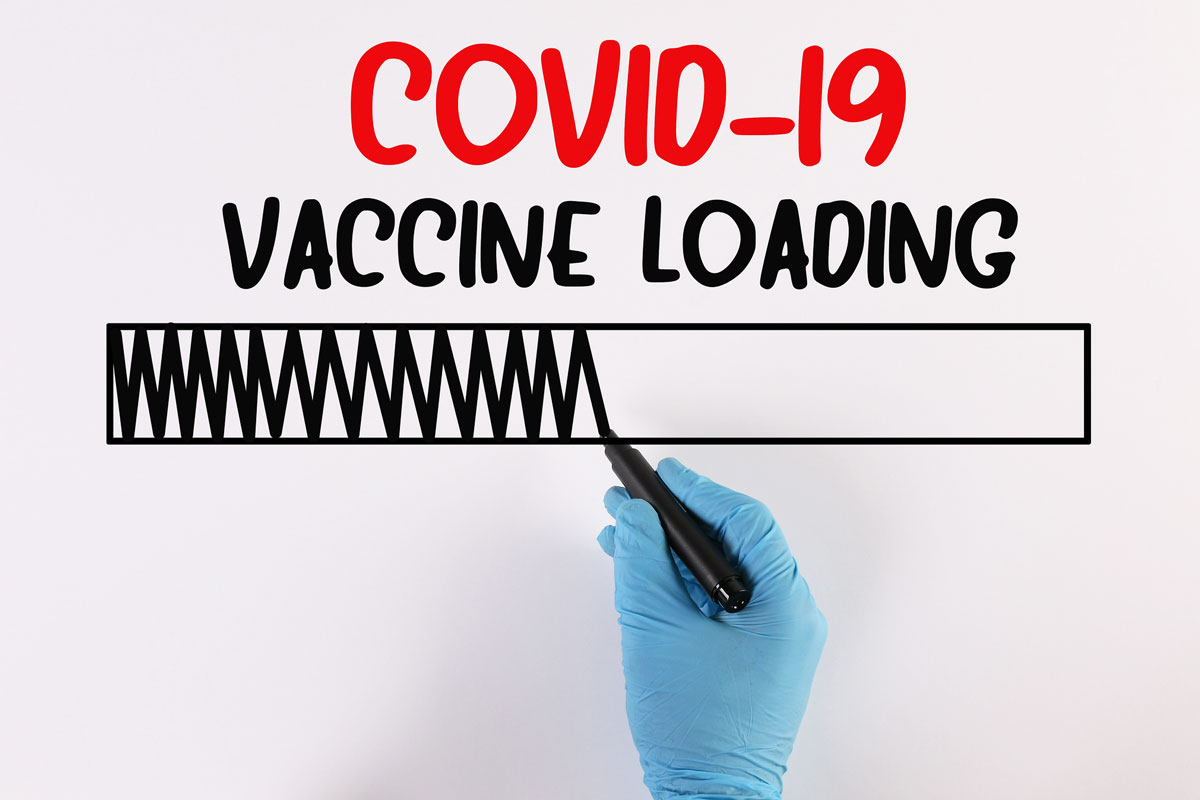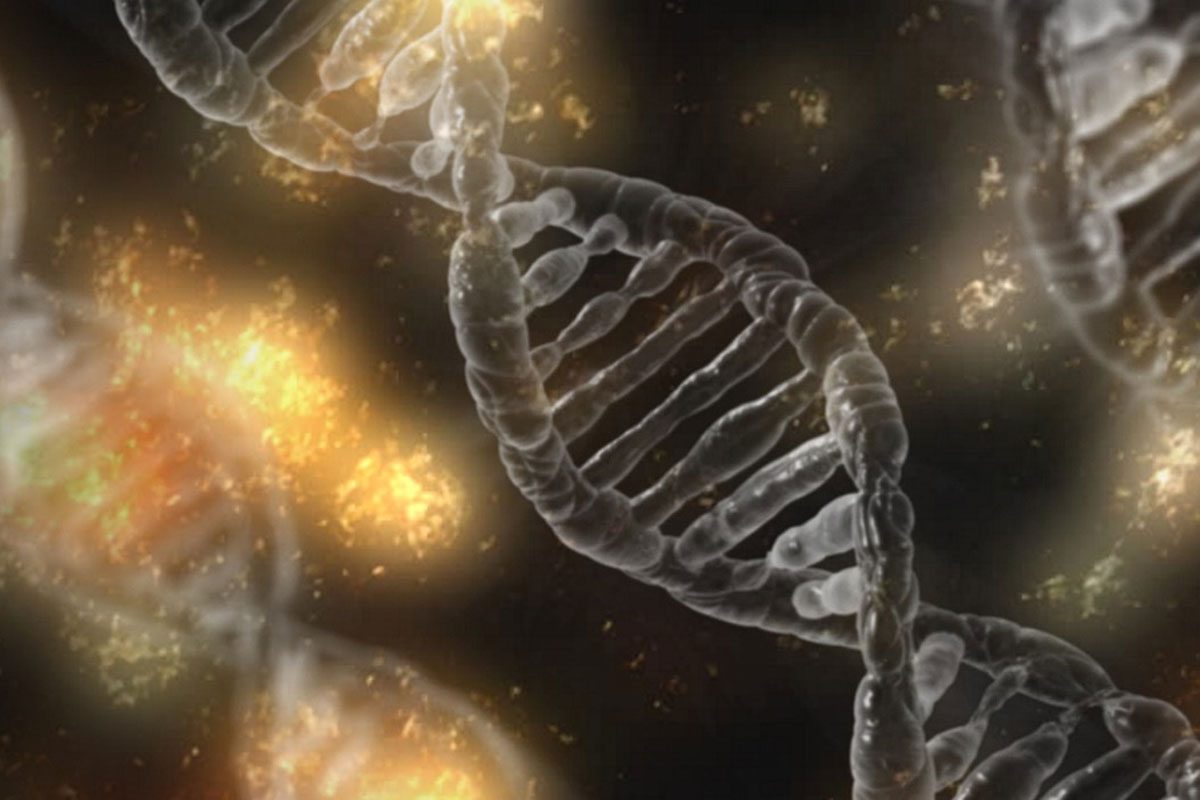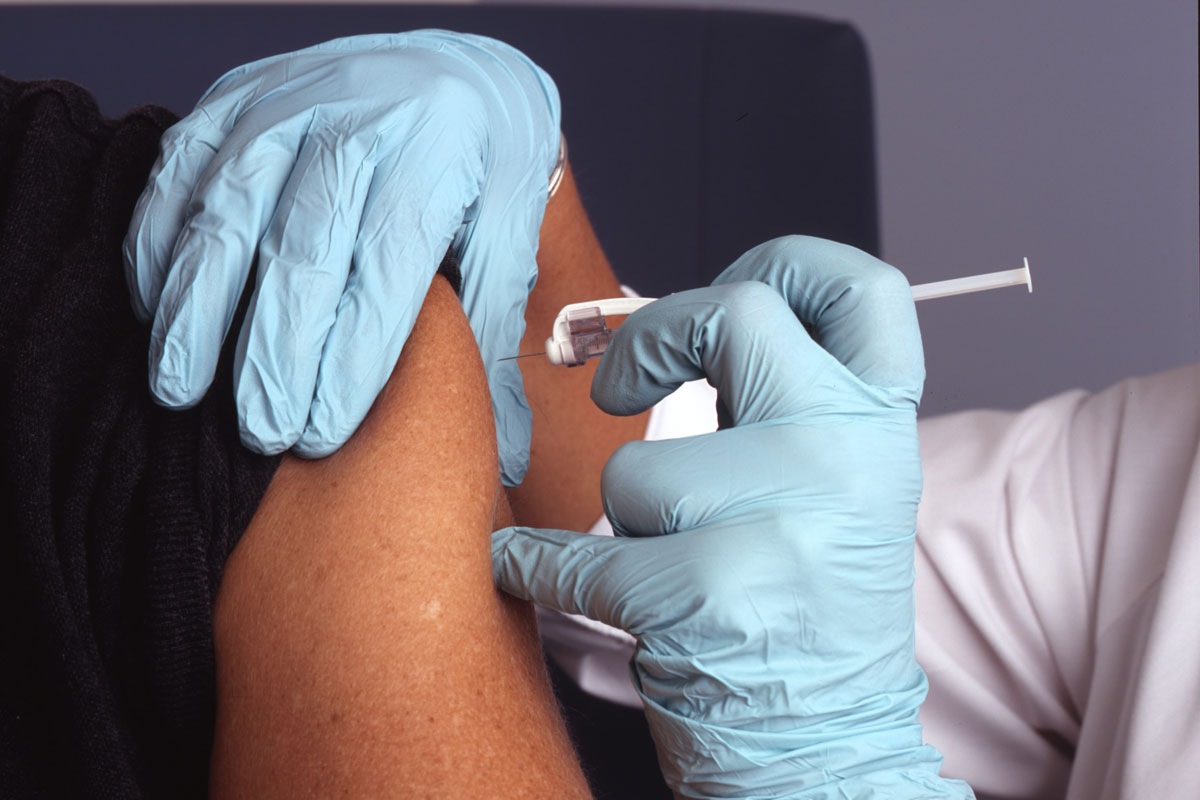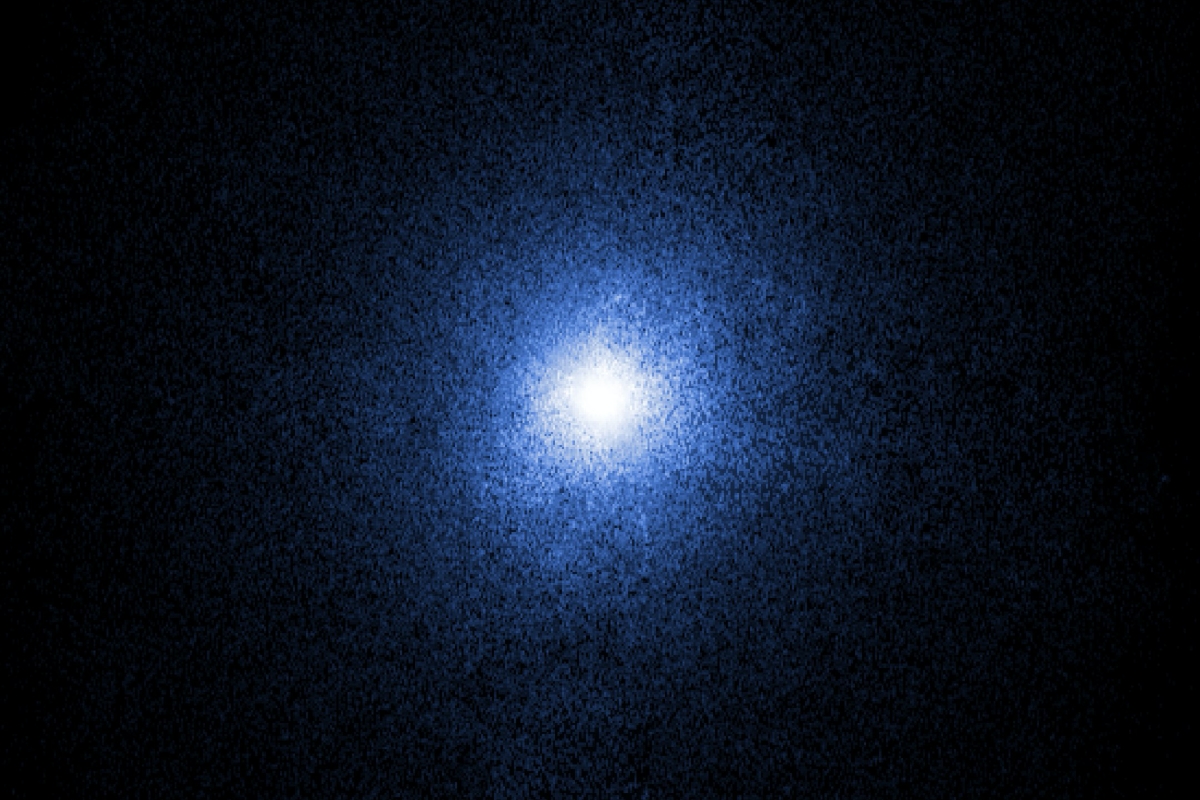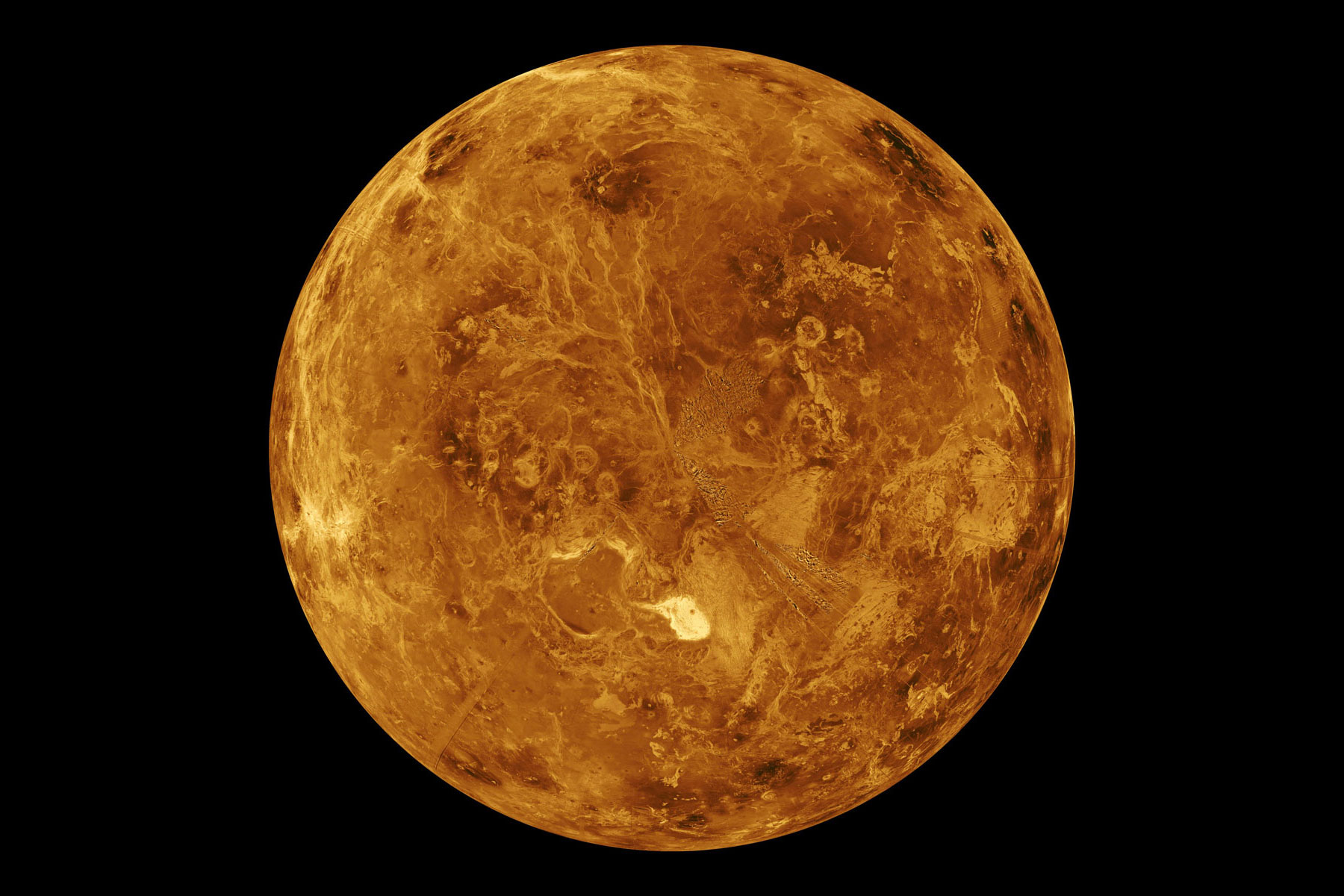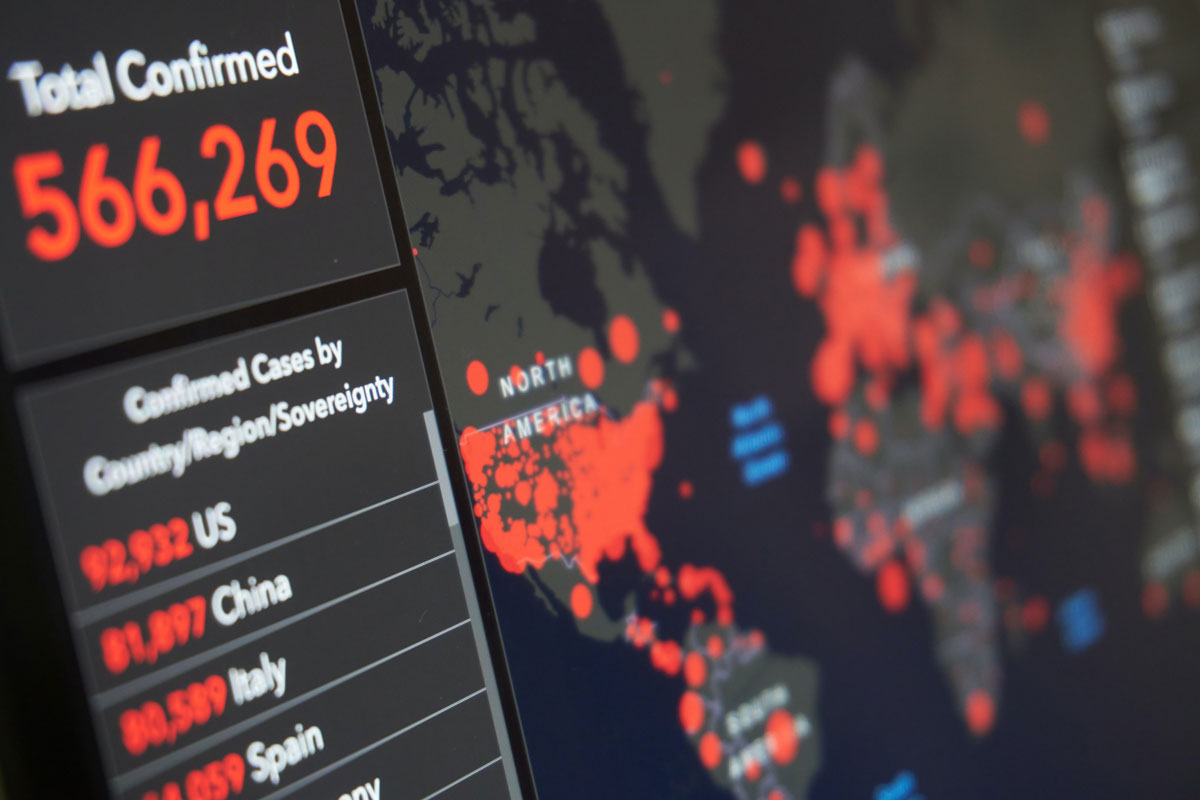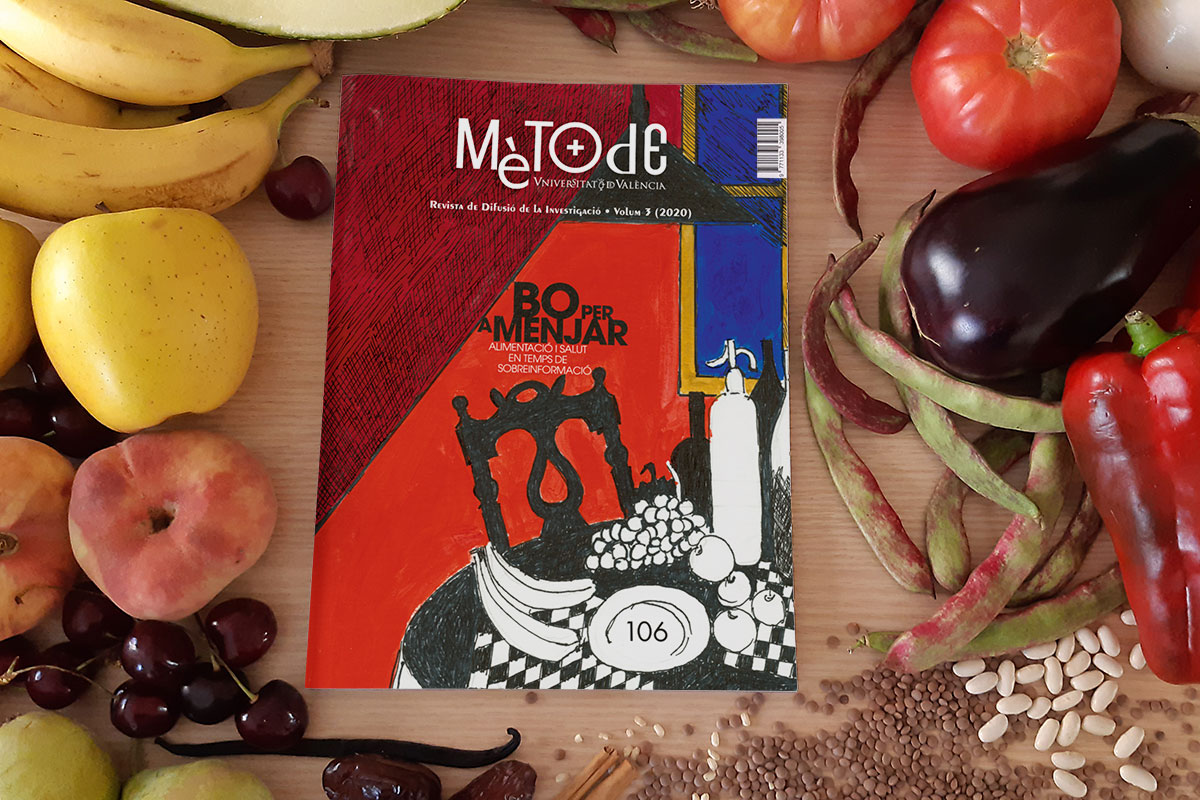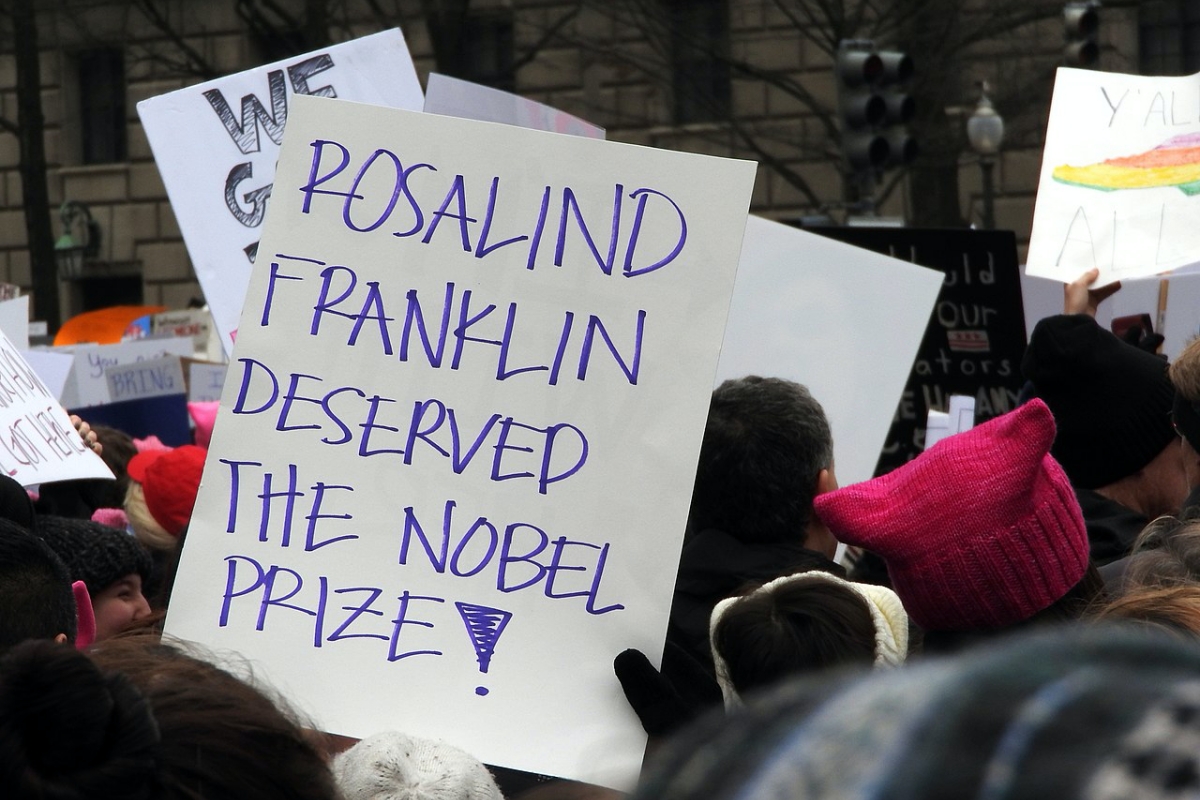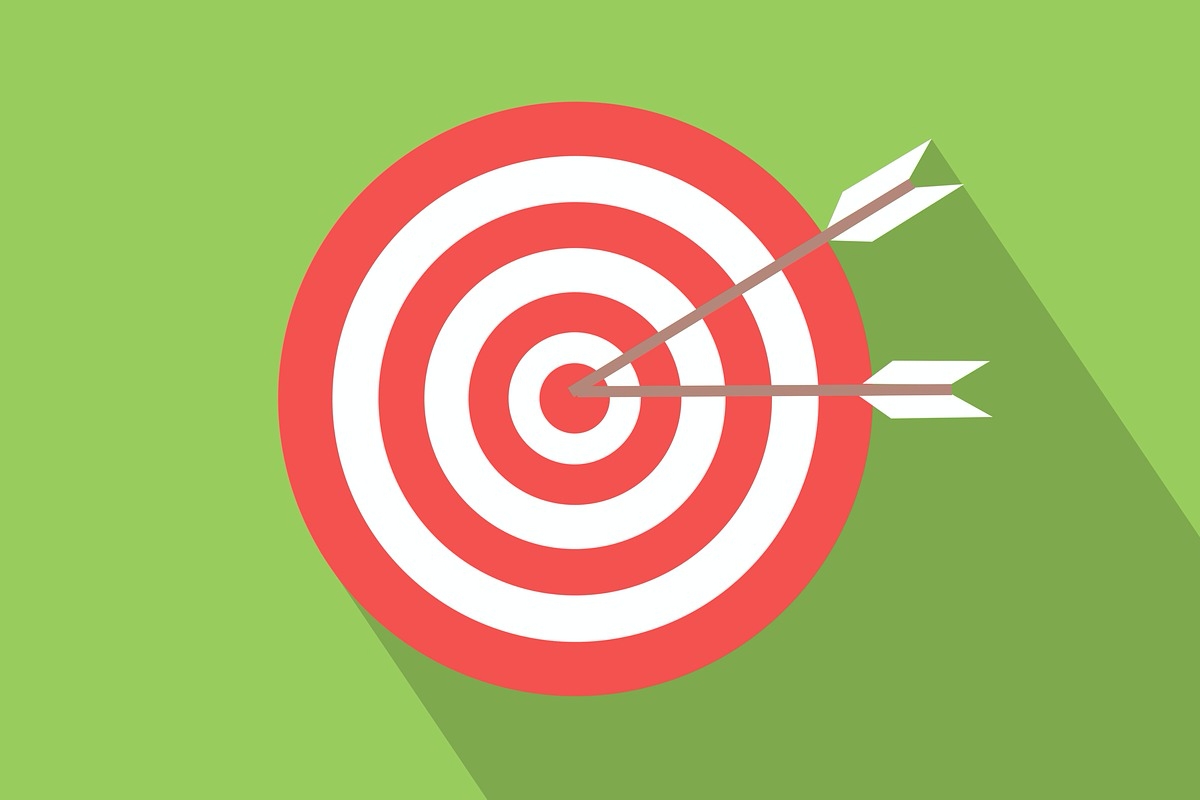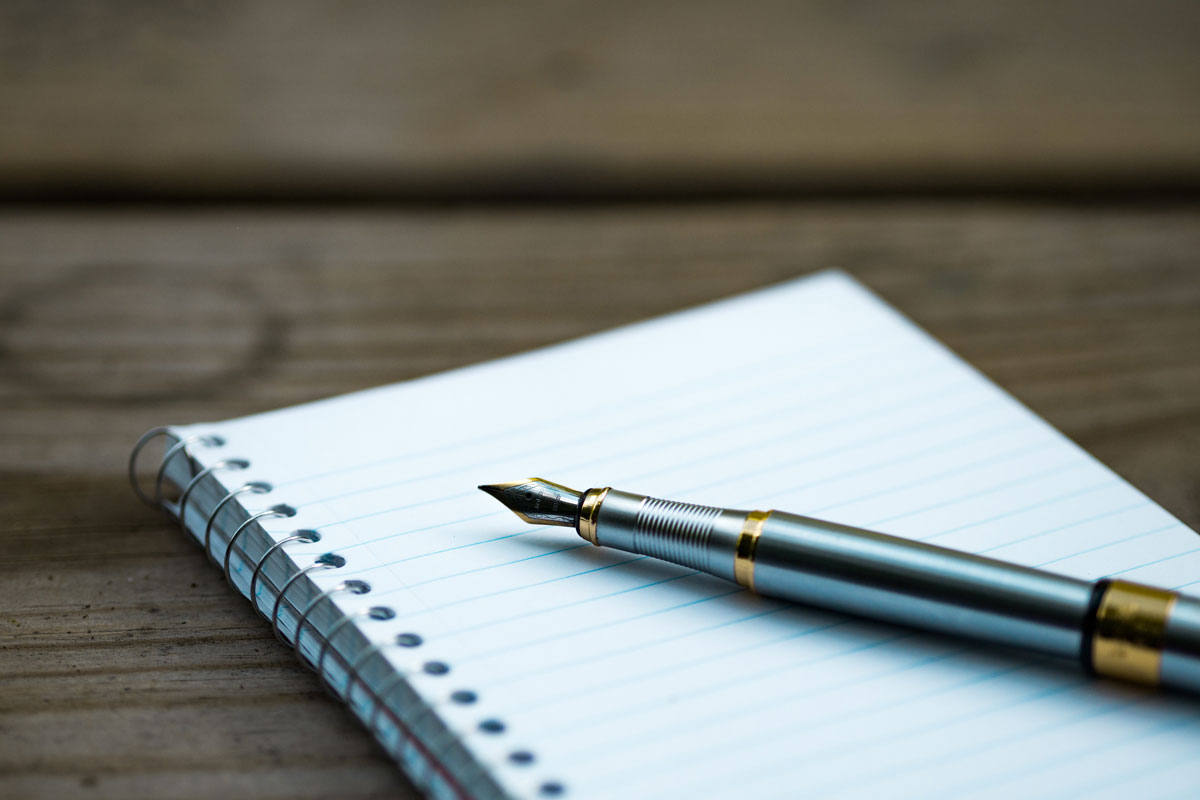Search
COVID-19 has been the focus of media information. In this compilation, we collect a series of articles that have helped us reflect on the pandemic.
We talk about transhumanism with the doctor and science author Salvador Macip. This is the most transcendent debate in our history.
What will future humans look like? The monograph reflects on the science that will allow us to pose new challenges in our evolution.
The new volume of Metode is coordinated by María José Sanz and Sérgio Henrique Faria and focuses on the many dimensions of climate change.
The award recognises its trajectory, sustained content quality, and resilience.
Mètode publishes a new issue, with a monograph focused on addiction, its biological roots, its consequences for health and possible treatments.
Sara Moreno, Tatiana Pina and Martí Domínguez have shown the over-representation of iconic animals of climate change.
We speak with British author and journalist Angela Saini about her latest book, Superior: the return of race science.
Mètode starts promoting graphic humour through a new section dedicated to cartoons on current scientific issues, launched with the new section by Ferran Martín.
Volume 108 of the journal explores the role of citizen science and the construction of scientific knowledge.
'Science's structure' focuses on the creation of a sustainable and local model of society to deal with the consequences of climate change and our hyperglobalised world.
We review, through articles published in Mètode, the news during these twelve months of SARS-CoV-2 health crisis.
Issue 107 of Mètode, coordinated by Carles Pedrós-Alió, Josep Maria Gasol, and Rafel Simó, focuses on the impact of human activities on the sea.
On the World AIDS Day, we talk to Esteban Martínez, president of GESIDA, to know how people living with HIV are experiencing the current pandemic.
On 9 November, Pfizer announced in a press release that their COVID-19 vaccine candidate shows 90 % efficacy. We analyse the situation with the voice of several experts.
The Nobel Prize for Chemistry has awarded Emmanuelle Charpentier and Jennifer A. Doudna for the development of CRISPR-Cas9 genetic editing tools. Lluís Montoliu analyses the journey to this award.
Vaccine development takes a long time, often more than fifteen years. The SARS-CoV-2 pandemic has accelerated the process in record time. This race has only just begun and there is much to be learned in the near future.
The Swedish Academy has awarded Roger Penrose, Reinhard Genzel, and Andrea Ghez the Nobel Prize in Physics. What is behind this shared award? When did the debate on black holes start? An analysis by Manel Perucho.
Fernando Ballesteros discusses the discovery of phosphine on Venus and other historical hypotheses regarding signs of life on other planets.
Through several maps, the text shows COVID-19's cartography and analyses the environmental factors that may have contributed to its spread.
The monograph, coordinated by Gonzalo Casino and Montserrat Rabasa, delves into the relationships between food, society and health
The role of the victim assigned to Rosalind Franklin in the legend of the double helix should not overshadow her brilliant contributions, which are often ignored when her scientific career is outlined.
Despite all the achievements in such a short period of time, we must stress that obtaining a drug capable of inhibiting any of the proteases in SARS-CoV-2, or any other pathogenic agent, is a long and complex process that requires the participation of different branches of science.
Once again this year, science and literature merge in this tenth edition of the Inspiraciencia short story competition. Before 7 June, those who want to participate can submit their short science-based stories in Spanish, Catalan, Gallician, and Basque.


